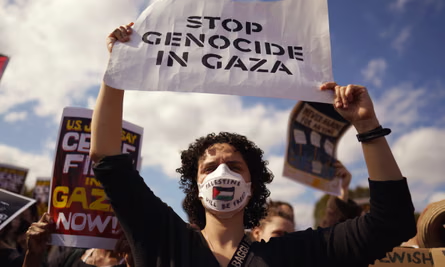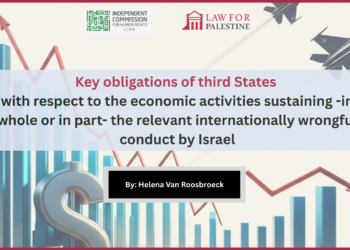New Study Sheds Light on Palestinian Advocacy Amid Genocide in Gaza
A newly published academic study has provided an analysis of how Palestinian political and civil society groups mobilized during the 2023–2024 Gaza conflict to influence international opinion amid growing genocide allegations against Israel.
Titled “Political Mobilization and Advocacy Strategies of Palestinian Groups Amid Genocide Allegations in the Gaza Conflict, 2023–2024,” the article appears in the August 2025 issue of the International Journal of Research Publication and Reviews (Vol. 6, Issue 8, pp. 4601–4624). It is co-authored by scholars Nkechi Cynthia Osuchukwu, Blessing Chugo Idigo, Cyprian Uchenna Udegbunam, and Obioma Davison Mbanefo, all affiliated with the Department of Political Science or Public Administration at Chukwuemeka Odumegwu Ojukwu University, Igbariam, Nigeria.
Focus of the Study
The authors explore how Palestinian actors strategically framed genocide allegations and deployed a range of advocacy tools to rally legal, diplomatic, and grassroots support. This focus fills a gap in existing literature, which has tended to emphasize historical mobilization patterns over real-time advocacy during ongoing conflicts.
Using qualitative analysis of 150 documents -including political statements, legal briefs, media reports, social media content, and scholarly articles- the study highlights core strategies employed by Palestinian groups.
The research concludes that Palestinian political and civil society groups coordinated a multi-pronged advocacy effort that combined legal specificity, digital agility, moral urgency, and transnational outreach. This comprehensive approach helped shape international discourse and maintain visibility of Gaza on the global stage during a period of intense violence and political contention.
The study recommends future advocacy efforts prioritize:
– Investment in legal capacity-building;
– Enhanced digital infrastructure for real-time engagement;
– And expansion of global partnerships to apply sustained pressure on international bodies.
– To access the full article, click here





